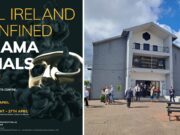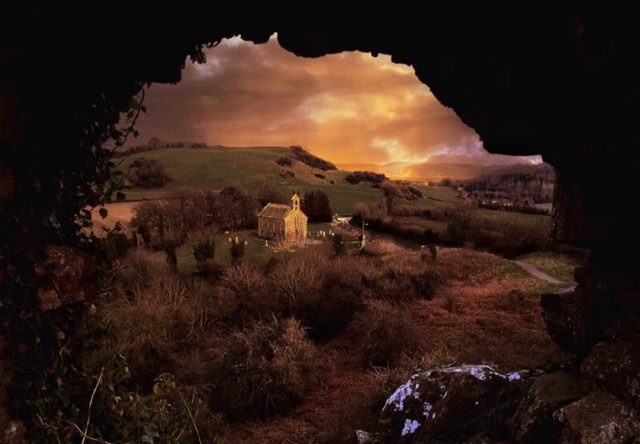An outdoor interpretation area is needed at the Rock of Dunamaise in order to position the site “as a visitor centre of national significance”, according to the recently-launched Laois Tourism Strategic Plan.
“The Rock of Dunamaise represents an iconic site within the context of Laois and also Ireland’s Ancient East,” says the report in a specific section dedicated to the well-known Laois landmark.
“(But) the current level of interpretation and visitor experience does not reflect the significance and potential of the site as a tourism attractor.
“The opportunity to build on the heritage and location value of the site requires investment to position The Rock of Dunamaise as a visitor attraction of national significance.”
The report says that the ability to connect the site with other castles and comparable sites across Ireland’s Ancient East is “significant” but at a minimum it “must deliver a visitor experience comparable to other sites”.
“A level of outdoor interpretation and innovation is required which should be designed to suit the stories of the site.
“The suggested outdoor interpretation approach can be developed outside the boundary of the castle, ensuring that the integrity of the site is not compromised.
“The opportunity to incorporate this ‘off site’ interpretation combined with the required tourism infrastructure such as parking has the potential to be transformational for Laois Tourism”.
The key actions reccommeded in the review for the Rock of Dunamaise are: A review of appropriate outdoor interpretation installations; Site development to support increased visitor numbers; Site interpretation to align with Ireland’s Ancient East; Local guide training and development to enhance the visito experience.
SEE ALSO – Laois should be the ‘Meeting and Conference Centre of Ireland’






















